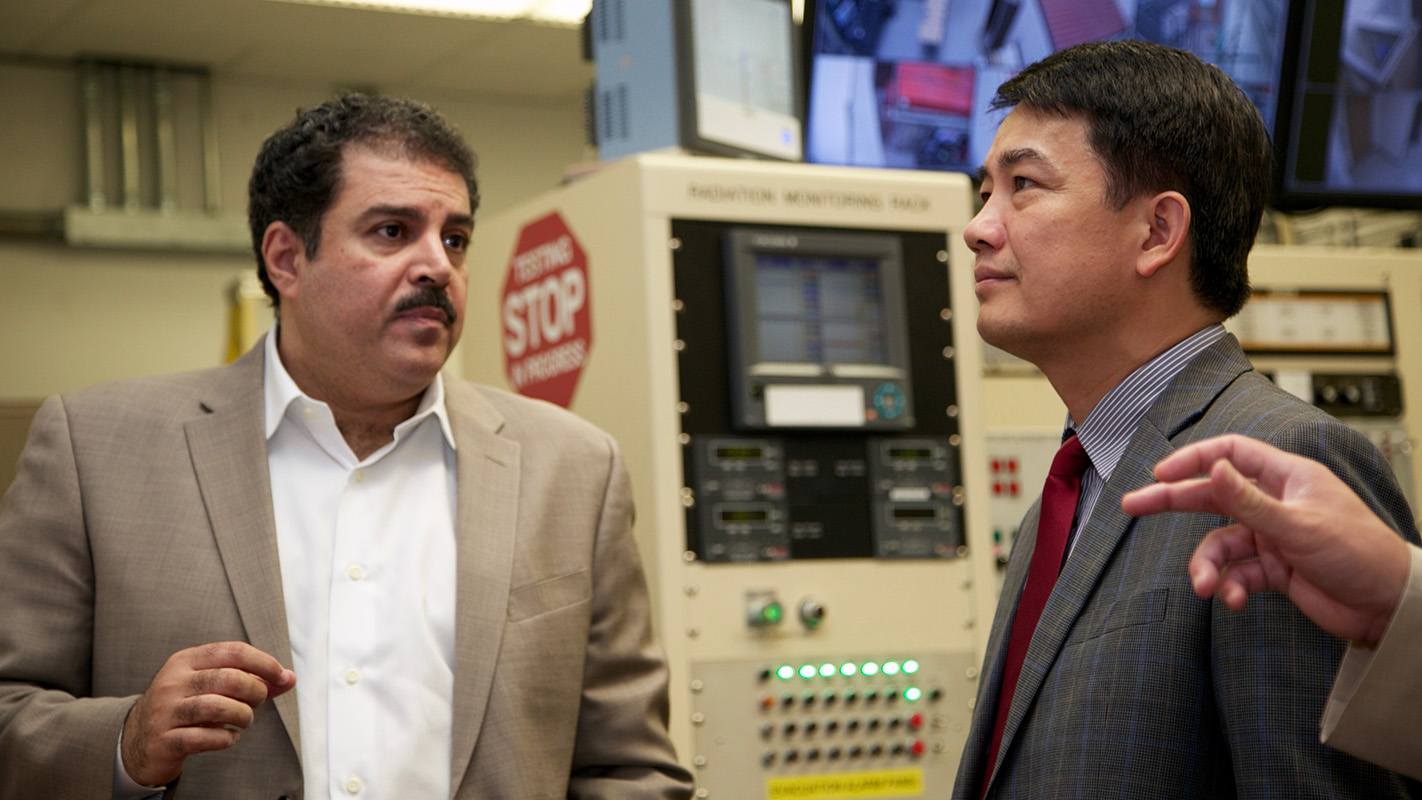NC State Engineers to Help Further Civilian Nuclear Energy in Vietnam

Editor’s Note: This is a guest post by Brent Lancaster, a writer in NC State’s College of Engineering.
Training from faculty members at North Carolina State University is part of an agreement on civil nuclear clean energy cooperation signed by leaders in the United States and Vietnam.
In 2014, the United States and Vietnam signed an agreement under Section 123 of the Atomic Act that opened the door to nuclear trade and cooperation between the two countries. An administrative arrangement signed by the two countries in May 2016 under the auspices of that 2014 agreement established their intention to cooperate further in training and education, building of institutional connections, strengthening of export controls and securing and tracking nuclear and radiological materials, among other areas.
One of those training and education initiatives, according to a White House statement, will “complement Vietnamese university nuclear curriculum programs with the Department of Energy-supported remote reactor training from North Carolina State University.”
Tran Chi Thanh, president of the Vietnam Atomic Energy Institute, toured NC State’s PULSTAR nuclear reactor on May 26 with Ayman Hawari and Nam Dinh, professors in the university’s Department of Nuclear Engineering. Hawari is also director of NC State’s Nuclear Reactor Program.
The three discussed possible interactions that would include both online and in-person training and visits to and lectures in Vietnam by Hawari.
“I think NC State University is a good place for us to cooperate with,” Thanh said.
The R-1 reactor on the NC State campus was the first nuclear research reactor to be designed, built and operated by an academic institution anywhere in the world. Since work began on the R-1 reactor in 1950, there have been four nuclear reactors on the NC State campus at three different sites.
The Department of Nuclear Engineering has previously provided online training in reactor operation for students at the Jordan University of Science and Technology in Ar Ramtha, Jordan.
“NC State already has the infrastructure for the (Department of Energy) to promote cooperation with emerging nuclear countries,” Dinh said.
– lancaster –
- Categories:


